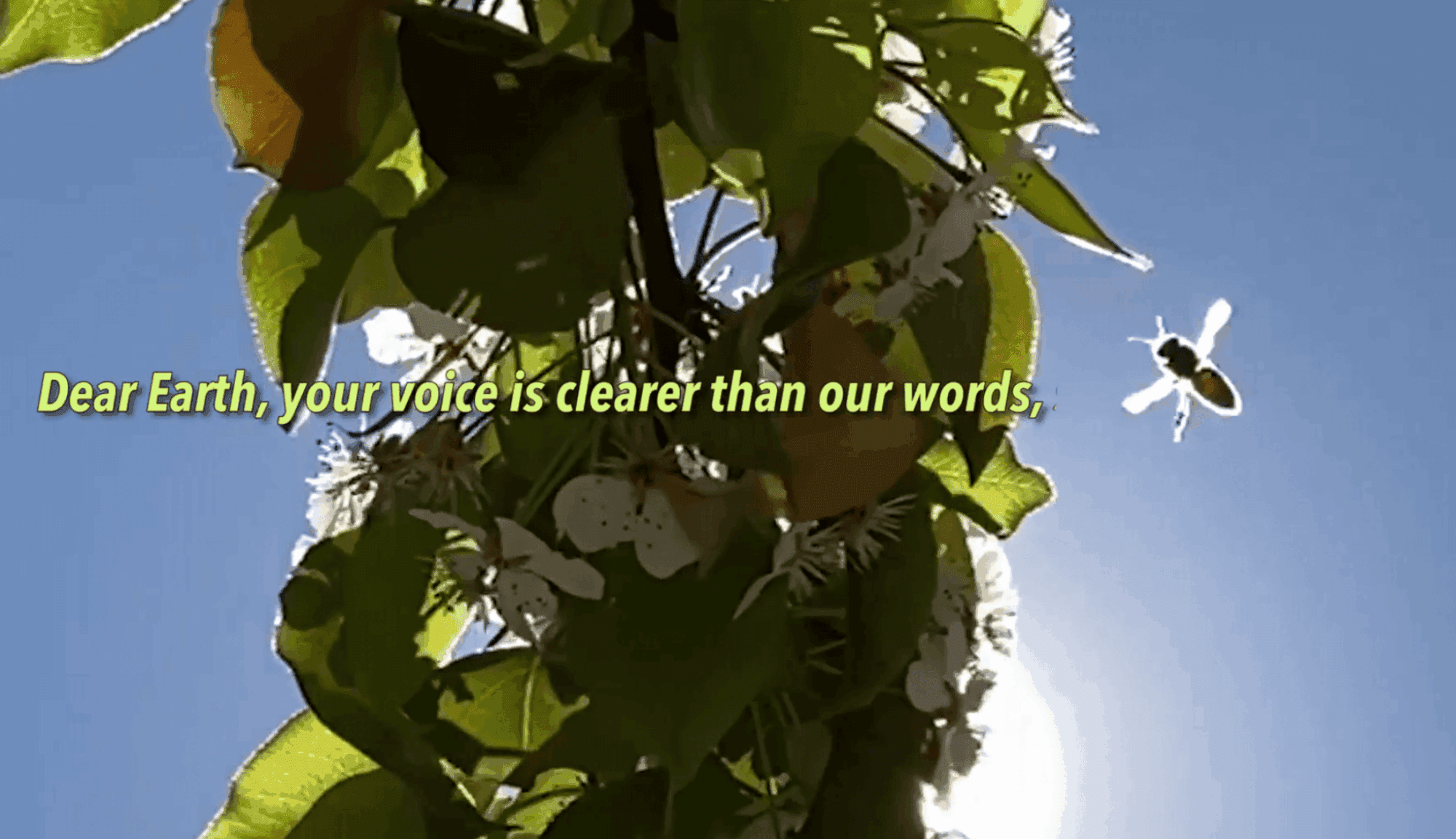“ I want to talk about ancestral bones as more than historical artifacts; something that is cumulative—a past, present, future—something that has cultural and spiritual legacy connecting us to our ancestors, as well as I would argue, to our future generations. Our ancestral bones symbolize deep-rooted knowledge and ecological insight and for some, the bones of our ancestors provide us with a kind of invaluable spiritual guidance. This reverence for our ancestral bones in interfaith parallels the sanctity of religious relics. These are sacred—sacrosanct– and we cannot put a monetary value on them or capitalize upon them in financial markets. How should we approach the pursuit of Natural Capital or Carbon Market schemes that seek to monetize that which is sacred or sacrosanct?”
So let me begin, In today’s world, where data is often termed the “new oil,” the handling and control of data can significantly influence social, economic, and political landscapes.
However, the governance of data frequently lacks the moral framework that interfaith dialogue can provide, particularly in protecting the interests of marginalized communities.
This oversight can lead to the exploitation of local data without the consent or benefit of the people it represents.
So today’s discussion on local data sovereignty— is about the right of communities to control their data.
This is not merely a technical matter but one of fairness, respecting cultural, environmental, and spiritual values fundamental to these communities.
